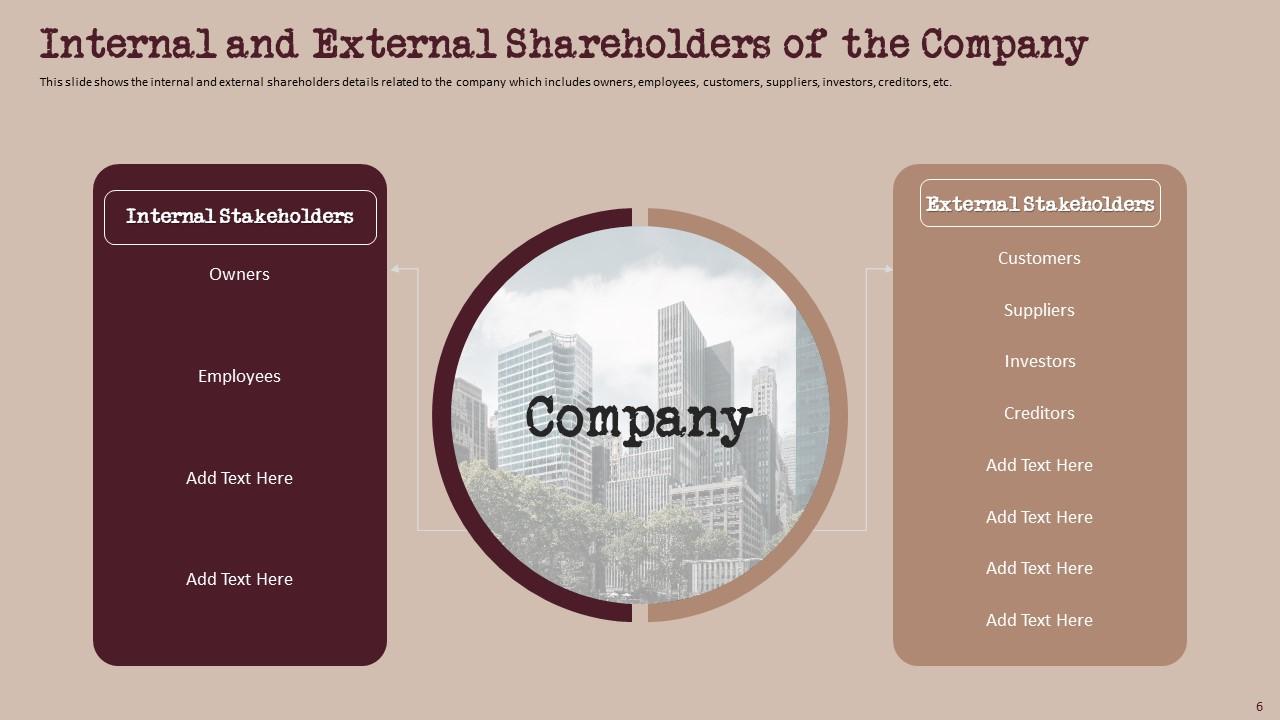Creditors are important stakeholders in a business because they provide the capital that allows the business to grow and expand. Without creditors, businesses would be limited in their ability to invest in new products, market themselves to new customers, and hire additional staff. In addition, creditors typically receive priority treatment if a business becomes insolvent, meaning they are more likely to get repaid than other types of stakeholders.
As a business owner, you know that creditors are important stakeholders in your company. They provide the financing that allows you to continue operations and grow your business. Without their support, you would be unable to pursue new opportunities or expand your current operation.
While it is important to maintain a good relationship with all of your creditors, it is especially important to keep them happy and satisfied with your performance. Here are four reasons why:
1. Creditors Keep Your Business Financed
Without the support of creditors, businesses would have a difficult time securing the financing they need to grow and operate successfully. Creditors play an essential role in providing the working capital that businesses need to pursue new opportunities and expand their reach.
2. Creditors Can Help You during Difficult Times
If your business hits a rough patch, your creditors can be an invaluable source of support. They may be willing to work with you to restructure your debt or provide additional financing when needed. This flexibility can help you weather temporary setbacks and get back on track quickly.
Table of Contents
Stakeholders of Business: #7 Creditors and Banks
Is a Creditor a Stakeholder?
Yes, a creditor is one type of stakeholder in a business. Other types of stakeholders include shareholders, employees, customers, and suppliers.
A creditor is a person or entity to whom money is owed.
In the context of business, creditors are usually financial institutions that have extended loans to the company. The company’s ability to repay its debts is a key concern for creditors, and they may take actions such as demanding early repayment or calling in loans if they believe the company is at risk of defaulting.
Why Creditors Are External Stakeholders?
Creditors are external stakeholders in a business because they have loaned money to the company and are therefore owed money by the company. Creditors are interested in the financial health of the company because if the company goes bankrupt, they may not be able to recoup their losses. For this reason, creditors often monitor a company’s financial statements and other public information to assess risk.
In some cases, creditors may require a personal guarantee from the owners of the company in order to lend money.
Who are the Most Important Stakeholders And Why?
There are many different types of stakeholders in any given organization or company. But who are the most important stakeholders? And why are they so important?
The most important stakeholders are typically those who have the most to lose or gain from the success or failure of the organization or company. This includes shareholders, customers, employees, and suppliers.
Shareholders are typically the ones with the most financial stake in the company.
They may be invested through stocks, bonds, or other ownership interests. Customers are also incredibly important because they provide revenue for the company through purchases and spending. Employees also have a lot at stake as they rely on their jobs for income and benefits.
Suppliers may not have as much financial stake in the company, but they can still impact its success or failure through their ability to provide goods and services.
These four groups of people are typically considered to be the most important stakeholders because they have the most to lose or gain from the organization’s success or failure. While there may be other groups of people that could be considered stakeholders (such as creditors), these four tend to be the most crucial.
Who are the Most 3 Important Stakeholders?
There are a few different ways to answer this question, but we will focus on the three most important types of stakeholders: owners, employees, and customers.
Owners are the people who have invested their time and money into a company or project. They want to see a return on their investment, so they are heavily invested in the success of the enterprise.
Employees also have a lot riding on the success of the business – their livelihoods depend on it! And finally, customers are crucial to any business – without them, there would be no revenue!
So who are the three most important stakeholders?
That depends on what you mean by “important.” If you’re talking about which group is most essential to the success of the enterprise, then it’s probably customers. If you’re asking who has the most power within the company, then it’s probably owners.
And if you’re wondering which group has the most impact on day-to-day operations, then employees are likely your answer.

Credit: www.slideteam.net
Importance of Creditors in Business
Creditors play an important role in business. They provide the funds that businesses need to operate and expand. Without creditors, businesses would have to rely on their own resources, which are often limited.
Creditors also help businesses manage their cash flow. By providing funding, creditors give businesses the ability to pay for expenses as they come due. This allows businesses to avoid having to borrow money from other sources, which can be costly.
Because of the importance of creditors in business, it is essential that companies manage their relationships with them carefully. Businesses should always make sure they are able to meet their obligations to creditors and should strive to maintain good communication with them.
Who are the Stakeholders
In business, a stakeholder is anyone who has an interest in the company or its products. This includes shareholders, employees, customers, suppliers, and even the community where the business is located.
Each of these groups can be further divided into primary and secondary stakeholders.
Primary stakeholders are those who have a direct connection to the company, such as shareholders and employees. Secondary stakeholders are those who have indirect ties to the company, such as customers and suppliers.
The interests of each group will vary depending on their relationship to the business.
For example, shareholders may be interested in maximizing profits, while employees may be more concerned with job security and earning a livable wage. It’s important for businesses to understand the needs of all their stakeholders in order to keep everyone happy and ensure long-term success.
Internal And External Stakeholders Examples
There are two types of stakeholders in any organization: internal and external. Internal stakeholders are employees, managers, and other people within the company. External stakeholders are customers, suppliers, shareholders, and anyone else who is not employed by the company.
Both groups can have a significant impact on how the company operates.
Internal stakeholders have a direct interest in the success or failure of the company. They can be divided into three groups: employees, managers, and other insiders.
Employees are directly impacted by the day-to-day operations of the company. If the company does well, they will likely receive raises and bonuses. If the company does poorly, they may be laid off or have their hours reduced.
Managers also have a direct interest in the success of the company. They may receive bonuses based on profits or be fired if losses mount. Other insiders includes people like board members who have a fiduciary responsibility to act in the best interests of the company.
External stakeholders do not have a direct role in how the company operates but can still influence its decisions. The most important group of external stakeholders is customers. Customers provide revenue for the company through purchases and can choose to take their business elsewhere if they’re unhappy with products or services.
Suppliers also play an important role; they provide raw materials or finished goods that are used to create products that are sold to customers. Shareholders own part of the company through stock ownership and want to seethe value of their investment increase over time; they may pressure management to make decisions that maximize profits even if it’s not in the best interests of customers or employees..
Conclusion
Creditors are important stakeholders in a company for several reasons. They provide the funding that allows a company to grow and expand its operations. Without creditors, many companies would be unable to meet their financial obligations or would have to scale back their operations.
In addition, creditors typically have a lot of influence over a company’s management and can help to keep them accountable. Finally, creditors can provide valuable feedback on a company’s performance and financial health.

